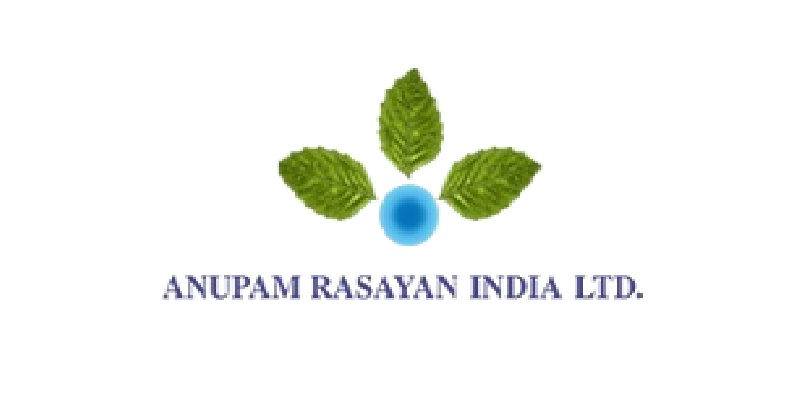Schedule a Call Back
Bank GNPAs may touch low of 4% by FY24; MSMEs remain a concern area
 Industry News
Industry News- Sep 29,22
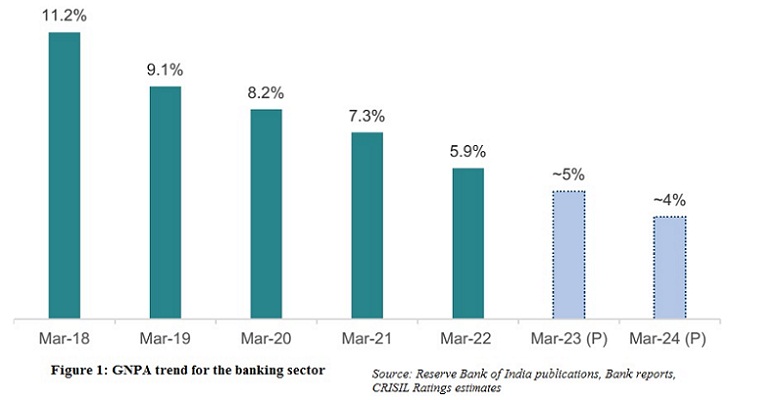
Related Stories

Synopsys and 3D Engineering Open Design Center at MECF in Pune
The facility signifies a significant step in accelerating access to advanced simulation technologies for MSMEs.
Read more
Study Warns High Aluminium Costs Could Hurt India’s Manufacturing Goals
Report says rising input costs and duty structure risk slowing aluminium-driven growth.
Read more
Can AI be the game changer for Indian manufacturers?
While manpower issues and quality are driving adoption of industrial automation, cost and lack of knowledge are causing hindrances. Artificial intelligence (AI) can be the game changer, writes Rakes..
Read moreRelated Products
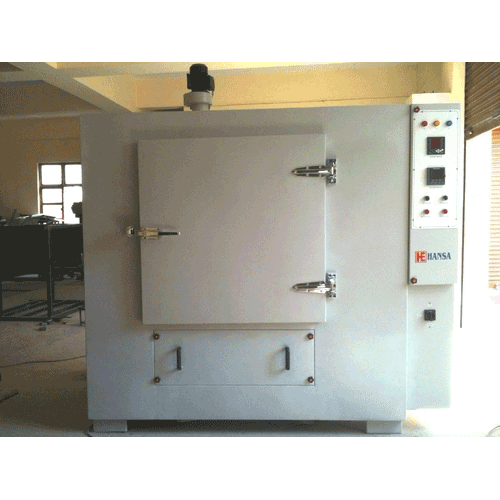
Heavy Industrial Ovens
Hansa Enterprises offers a wide range of heavy industrial ovens.
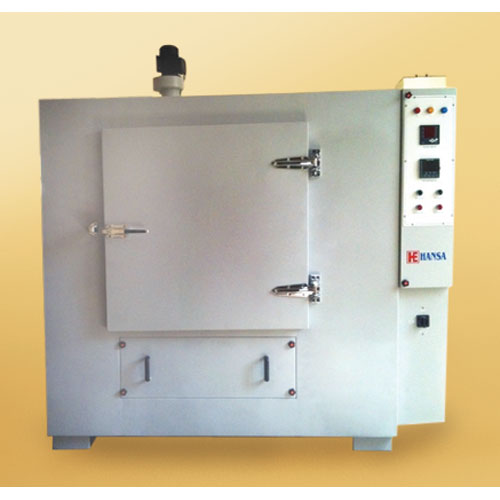
High Quality Industrial Ovens
Hansa Enterprises offers a wide range of high quality industrial ovens. Read more
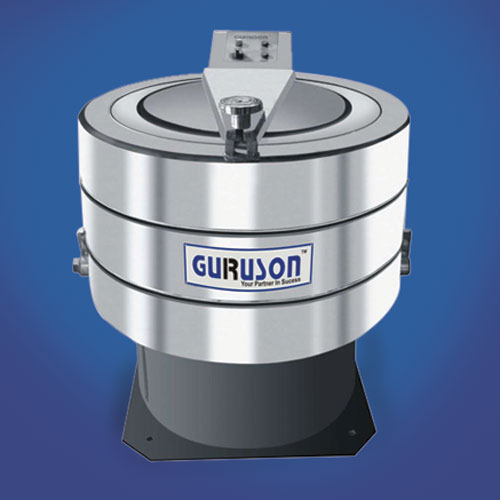
Hydro Extractor
Guruson International offers a wide range of cone hydro extractor. Read more





